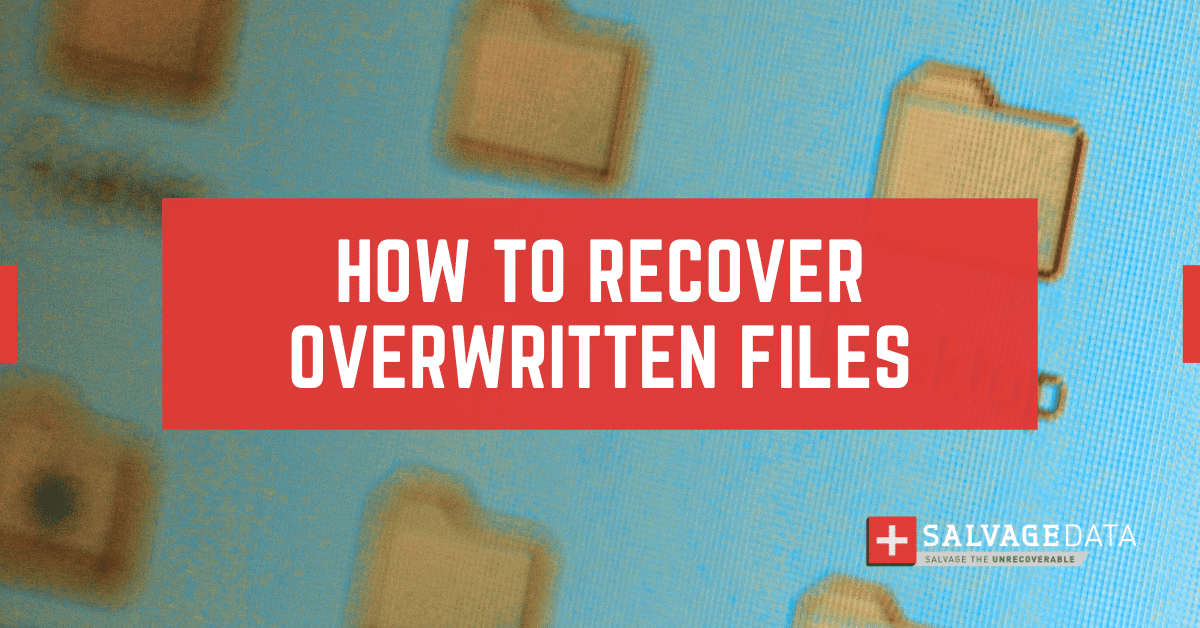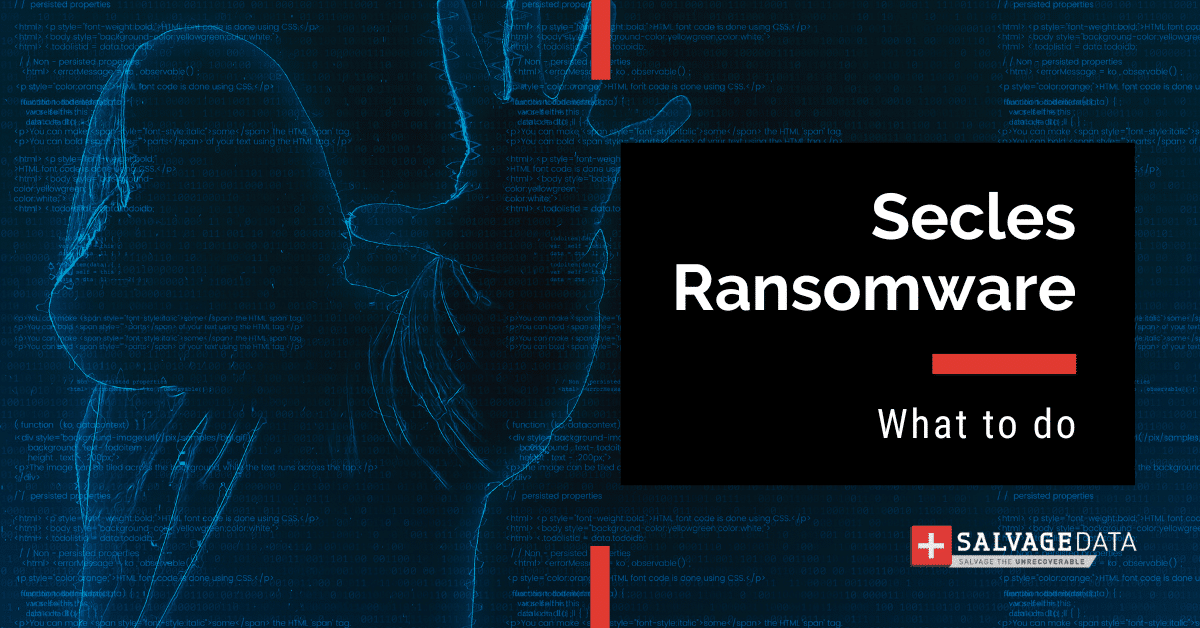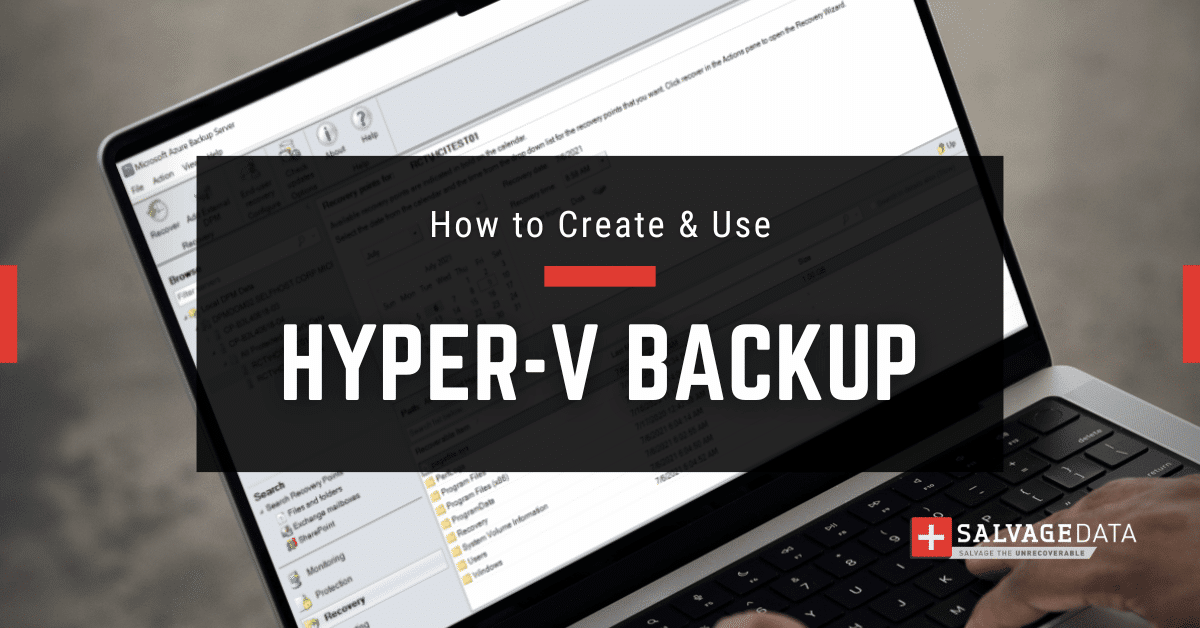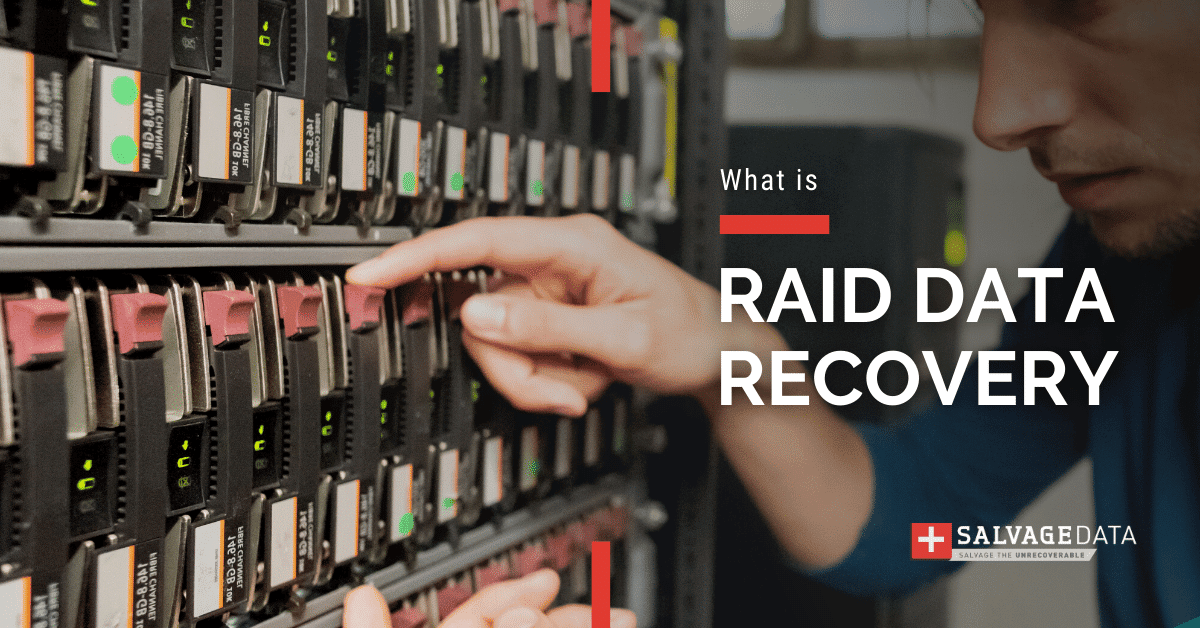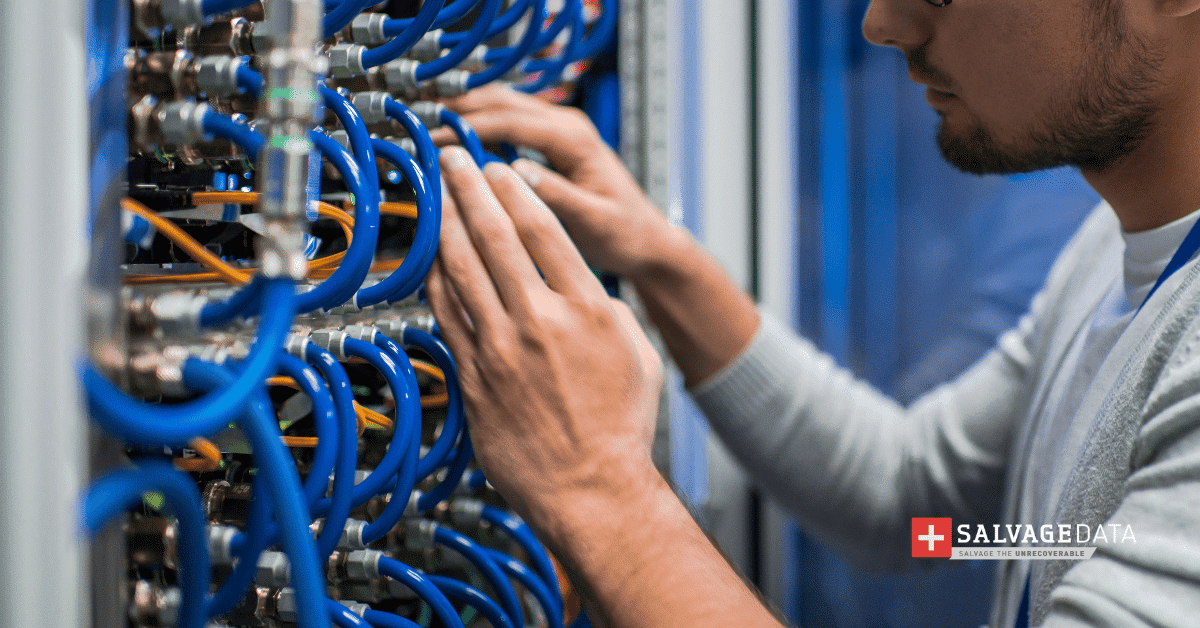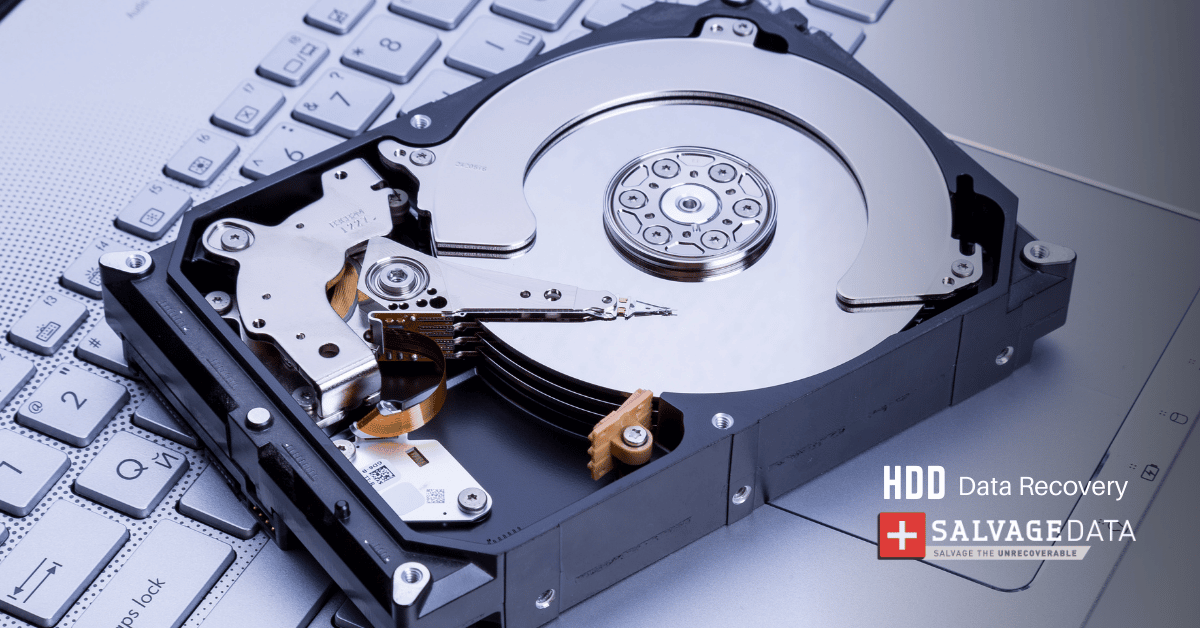Recent Articles
How To Recover Overwritten Files
The Snowflake Data Breach: A Comprehensive Overview
Mac Not Recognizing External Hard Drive: Quick Fix Solutions
How Multi-Cloud Backup Solutions Can Prevent Data Disasters
Capibara Ransomware: What is it & How to Remove
What Should a Company Do After a Data Breach: The Ticketmaster Incident
Secles Ransomware: Removal Guide
What To Do When Your Chromebook Freezes
How to Create Hyper-V Backup
What Is The Best Data Recovery Software For PC

I think there's an issue with my storage device, but I'm not sure Start a free evaluation →
I need help getting my data back right now Call now (800) 972-3282
A single point of failure in Dell EqualLogic SAN happens when a component of the system, such as a disk, fails, causing the entire system to collapse. You can avoid it by implementing redundant components and replicating critical parts of the system. Therefore, if one disk in your RAID array fails, your system will still be operating.
Always keep at least one hot spare disk and schedule daily backups of your data.
These two actions can prevent system failure in case of any error, even if you have multiple disks failed or a single point of failure (SPOF). You can also ensure data loss prevention.
Avoid a single point of failure on your EqualLogic SAN
You can also audit your system for a single point of failure, certifying your system security and providing optimization to avoid it.
Once you identify potential risks to your RAID storage you can analyze it and create strategies to eliminate the probability of a system crash.
This means that prevention is the only way to prevent a SPOF and the damage caused by it.
Since it can happen to any part of your system, including damaging your security methods and leading to data loss, ensuring error prevention is your best action.
Ensure continuity of service for the cluster
Continuity service in a cluster means that, even if you have a failed server, you can still work with the connected server. You may have a delay and will need to replace the failed system, but your data is secured.
A single point of failure happens when a single component provides the function for a critical. Clusters can’t have SPOF to be available. And, for that, you must guarantee the actions to prevent it.
To eliminate a single point of failure and ensure continuity of service you have to invest in redundant hardware. It’s a cost-effective investment since the cost you may have from a failed RAID and the risk of losing clients due to data loss is greater than preventing using hardware that can avoid SPOF.
TL;DR: A single point of failure can be fatal for your business. And here, more than in any other case, prevention is your best solution. Audity your system for probable SPOF; use redundant hardware; keep backups of your business data. These actions will protect your RAID and the data on it.
What to do if you have a single point of failure
If your actions to prevent the failure were not enough and you ended with a single point of failure in your EqualLogic you have two possible solutions:
Contact Dell Support. They can give you a better picture of what happened according to your EqualLogic model.
Contact data recovery service. SalvageData experts can help you recover your EqualLogic RAID data. You can also create an emergency data recovery plan for a faster recovery. Contact us for a free in-lab evaluation and secure your business future.

